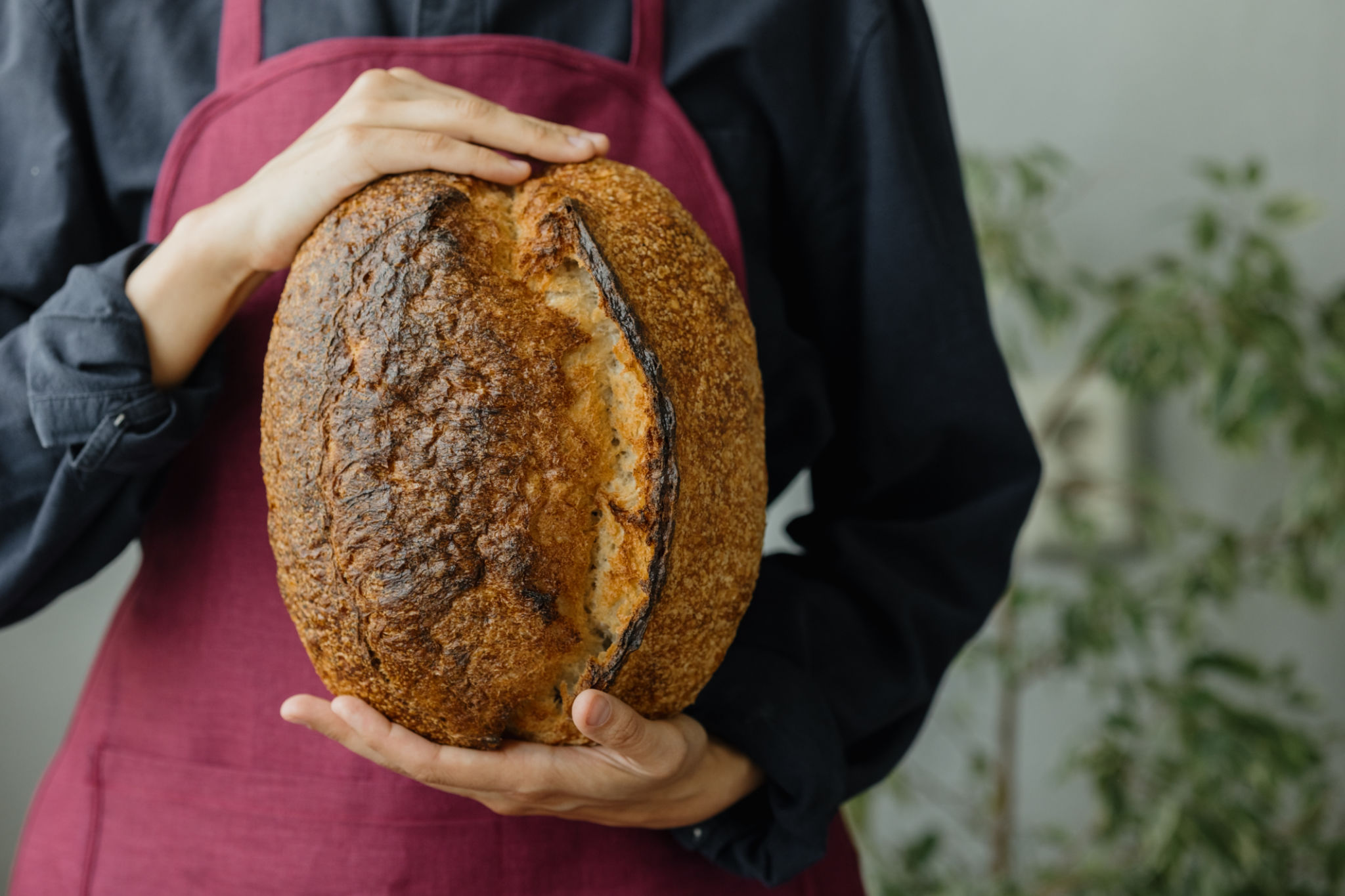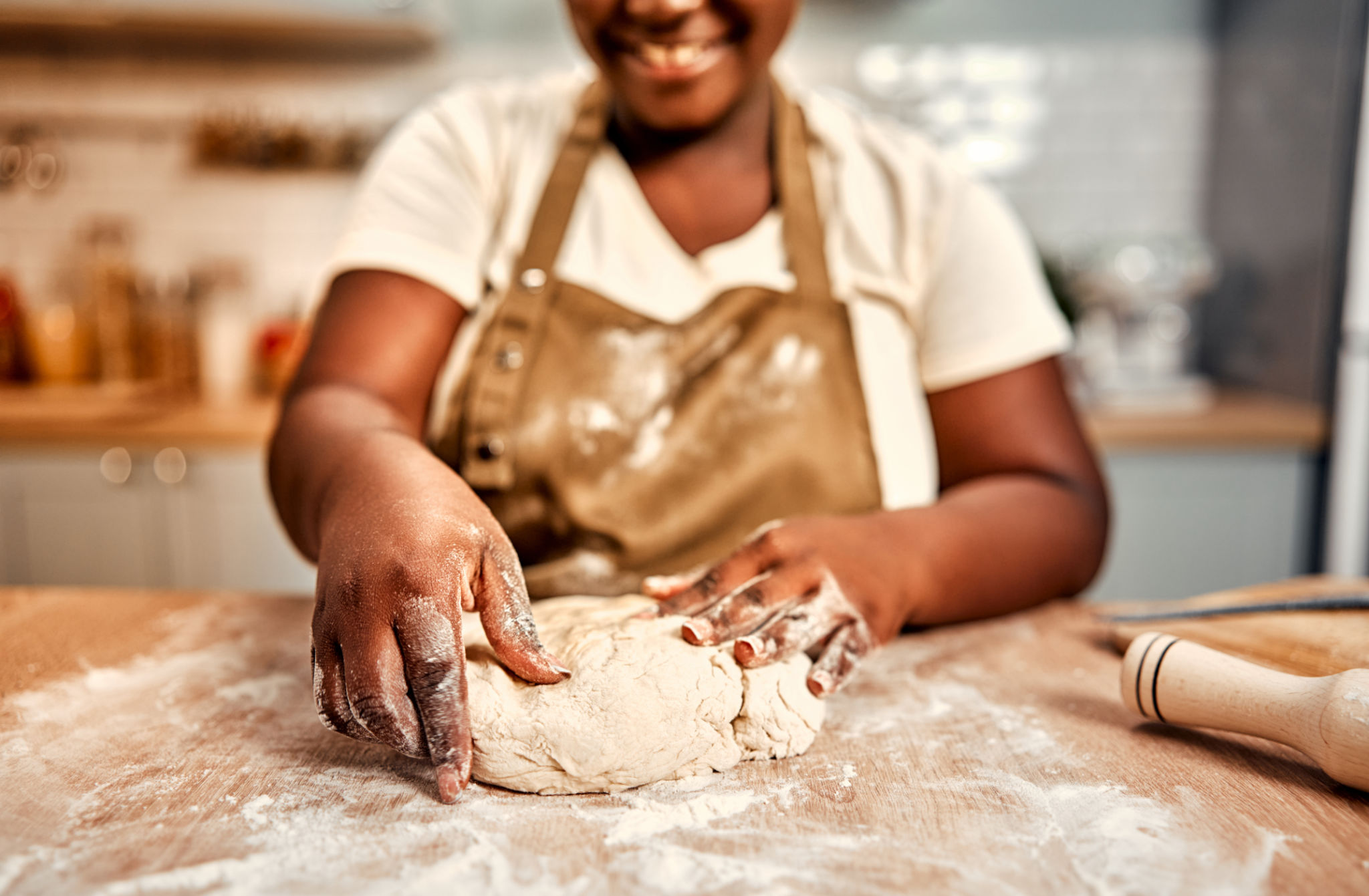Top 5 Myths About Sourdough Baking Debunked by Experts
Myth 1: Sourdough is Too Complicated for Beginners
One of the most pervasive myths about sourdough baking is that it's too complex for beginners. While it might seem intimidating due to its reliance on natural fermentation, sourdough baking is quite approachable. Experts suggest starting with a simple recipe and gradually experimenting as you gain confidence. The key is patience, not complexity. With a little practice, anyone can master the art of sourdough baking.

Myth 2: You Need Special Equipment
Another common misconception is that you need specialized equipment to bake sourdough bread. In reality, most home kitchens already have everything required. A mixing bowl, a kitchen scale, and an oven are all you need to start. While tools like a Dutch oven, a banneton, or a bread lame can enhance the process, they aren't essential for beginners. Experienced bakers recommend focusing on technique rather than equipment.
Myth 3: Sourdough Takes Too Long to Make
Many believe that sourdough baking is a time-consuming process. While it’s true that sourdough takes longer to rise compared to yeasted bread, much of this time is hands-off. The fermentation process can be adjusted to fit your schedule; for instance, allowing the dough to rise overnight in the fridge. This slower fermentation not only fits busy lifestyles but also develops deeper flavors in the bread.

Myth 4: Maintaining a Sourdough Starter is Difficult
Maintaining a sourdough starter may seem daunting, but it's simpler than many think. A starter is resilient and can survive with minimal attention. Feeding it once a week if kept in the refrigerator is often sufficient. In case you need to take a break from baking, starters can be dried or frozen for long-term storage. Experts emphasize that understanding your starter's needs and observing its behavior are key to successful maintenance.
Myth 5: Sourdough is Just Another Type of Bread
Sourdough isn’t just another type of bread; it offers unique health benefits and flavor profiles. The natural fermentation process breaks down gluten, making it easier to digest for some people. Additionally, the lactic acid bacteria present in sourdough can help improve gut health. The complex flavors achieved through fermentation are unmatched by commercial yeasted breads, providing a distinctive taste that many find irresistible.

Conclusion
Debunking these myths reveals that sourdough baking is accessible, rewarding, and beneficial. By understanding these common misconceptions, aspiring bakers can approach sourdough with confidence and enthusiasm. The journey may require patience and practice, but the delicious results are well worth the effort. Whether you're a novice or an experienced baker, there's always something new to discover in the world of sourdough.